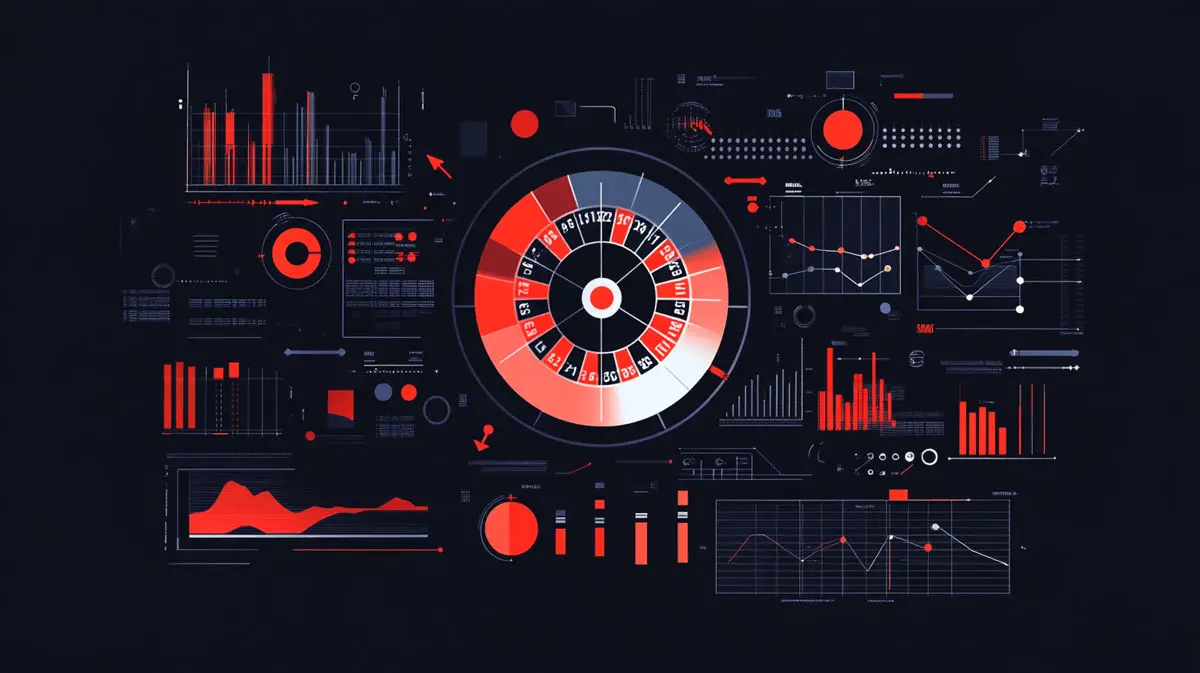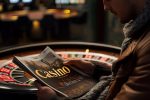How Roulette and Strategic Thinking Go Hand in Hand

Roulette is often viewed as a game of pure luck, but those who take a deeper look understand that strategic thinking plays a significant role. Just as business leaders, investors, and military tacticians rely on risk assessment, probability, and adaptability, skilled roulette players apply similar principles. While the game itself is based on randomness, betting patterns, bankroll management, and calculated risks bring an element of strategy. This dynamic makes roulette more than just a game of chance. It becomes a reflection of decision-making approaches seen in industries like finance, sports, and even crisis management. The overlap is more profound than it appears.
Probability and Risk Assessment
One of the key similarities between roulette and decision-making in industries such as finance is the role of probability. A successful investor does not throw money blindly into stocks but evaluates historical data, market trends, and risk factors. Likewise, a strategic roulette player considers past spins, betting systems, and statistical likelihoods to inform their choices. While the game does not allow players to influence the outcome directly, understanding probability helps them make smarter wagers. Businesses, too, operate on calculated risk. Whether it’s launching a new product or expanding into new markets. Strategic planning is a fundamental component of both.
Adapting to Uncertainty
Industries ranging from tech startups to logistics face unpredictable challenges, requiring decision-makers to think quickly and adjust strategies. Roulette, with its ever-changing outcomes, also demands adaptability. A player may start with a specific betting system, but if it proves ineffective, adjustments are necessary. The best roulette strategies involve flexibility, much like how businesses pivot during economic downturns or unforeseen disruptions. Many online roulette providers, such as Ruby Fortune offer variations of the game where players can experiment with different strategies in real time, refining their approaches based on outcomes. This ability to analyze, adjust, and optimize is an essential skill in both gaming and professional decision-making.
Bankroll Management and Budgeting
Just as financial experts manage corporate budgets or personal investments, roulette players must exercise strict bankroll management. Inexperienced gamblers often fall into the trap of chasing losses, much like a company that keeps pouring resources into a failing project. Successful players set clear betting limits, pace their wagers, and adjust their strategies based on performance. This mirrors how businesses allocate funds, cutting losses when necessary and reinvesting where returns are promising. The ability to sustain a budget in roulette is no different from managing financial assets, requiring discipline, forward-thinking, and a willingness to adapt when things do not go as planned.
The Psychology of Winning and Losing
Perhaps the most critical lesson roulette shares with other industries is emotional control. In trading, for example, investors must avoid impulsive decisions driven by fear or greed. In sports, athletes must maintain composure even when momentum shifts against them. Roulette players, too, must regulate their emotions, whether they are on a winning streak or experiencing losses. Those who allow frustration to dictate their bets often find themselves in deeper trouble. The best decision-makers, whether in gambling or business, maintain a level head, trust in their strategies, and make calculated moves rather than emotional ones. Mastering this mental discipline separates successful players and professionals from those who fall victim to erratic choices.










